We invest in partnerships that support the sustainable use, management, and restoration of ecosystems by involving local communities as the stewards, knowledge-holders, and owners of those resources.
The challenge
Healthy nature provides essential services for human well-being and increases the climate resilience of communities. For example, forests regulate water cycles, providing water for agriculture and reducing flooding. Ecosystems also provide pollination and are a key element for food security.
Ecosystems are showing rapid decline worldwide. The degradation of forests, farmlands, and coasts is already affecting the well-being of an estimated 3.2 billion people worldwide.
Ecosystem management and restoration are key ingredients of a comprehensive response to climate change. Ecosystem-based adaptation (EbA) harnesses nature-based solutions and ecosystem services to help people adapt to climate change. Although EbA is a cost-effective and sustainable way to address climate resilience, public finance and philanthropic investments for EbA are still minimal.
Our response
Our partnerships support the sustainable use, management, and restoration of ecosystems by involving local communities as the stewards, knowledge-holders, and owners of those resources.

Smallholders produce a third of the world’s food.

SCALING UP ECOSYSTEM-BASED ADAPTATION
We focus on scaling up EbA by investing in new and tested solutions and approaches. Our investments also serve to connect practitioners to encourage learning and the transfer of best practices.
We invest in nature-based solutions that reduce climate risks for communities, such as mangrove restoration for coastal protection and forest management for slope stability. We inspire collective action by engaging with other philanthropic organisations and investing in the scaling of EbA solutions.
ECOSYSTEM RESTORATION AND MANAGEMENT
We invest in programmes that increase the capacity of communities to implement ecosystem restoration and management, and conservation initiatives. These investments aim to improve ecosystem health with many associated benefits.
We invest in ecosystem restoration with local and climate-resilient species for improved water availability, soil quality, and slope stability. In coastal areas, we invest in mangrove management to improve fish habitats for livelihoods and to reduce coastal flooding and salt-water intrusion.
We are keen to invest in initiatives that champion community leadership in the design, implementation, and monitoring of ecosystem management programmes. We also invest in testing and scaling up innovative payment mechanisms for ecosystem services that enable communities to earn an income from conservation and sustainable ecosystem management.
CLIMATE-RESILIENT AGRICULTURE
Smallholders represent 75 % of global farms and produce a third of the world’s food. They are disproportionately affected by extreme weather events. By making food scarce, these disruptions affect people’s ability to maintain a healthy diet, increase inflation by making food more expensive, and fuel migration.
We invest in the development and scaling of agricultural solutions that increase climate resilience. We support smallholders to improve productivity while reducing the impacts of extreme weather events on their farms. We support regenerative agriculture solutions. These initiatives will result in increased and diversified sources of income for farmers and surrounding communities.
Related partnerships
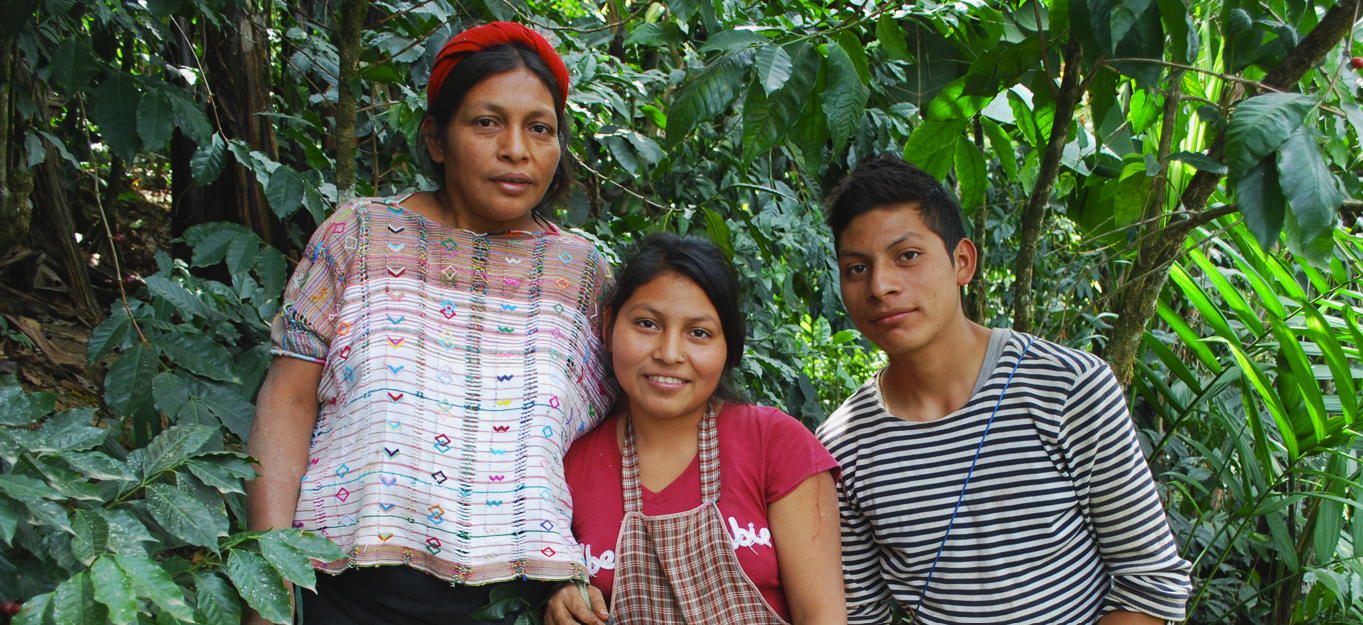
Supporting loans to social enterprises serving indigenous communities

Building sustainable forest industries in developing countries

Responding rapidly and effectively to humanitarian crises
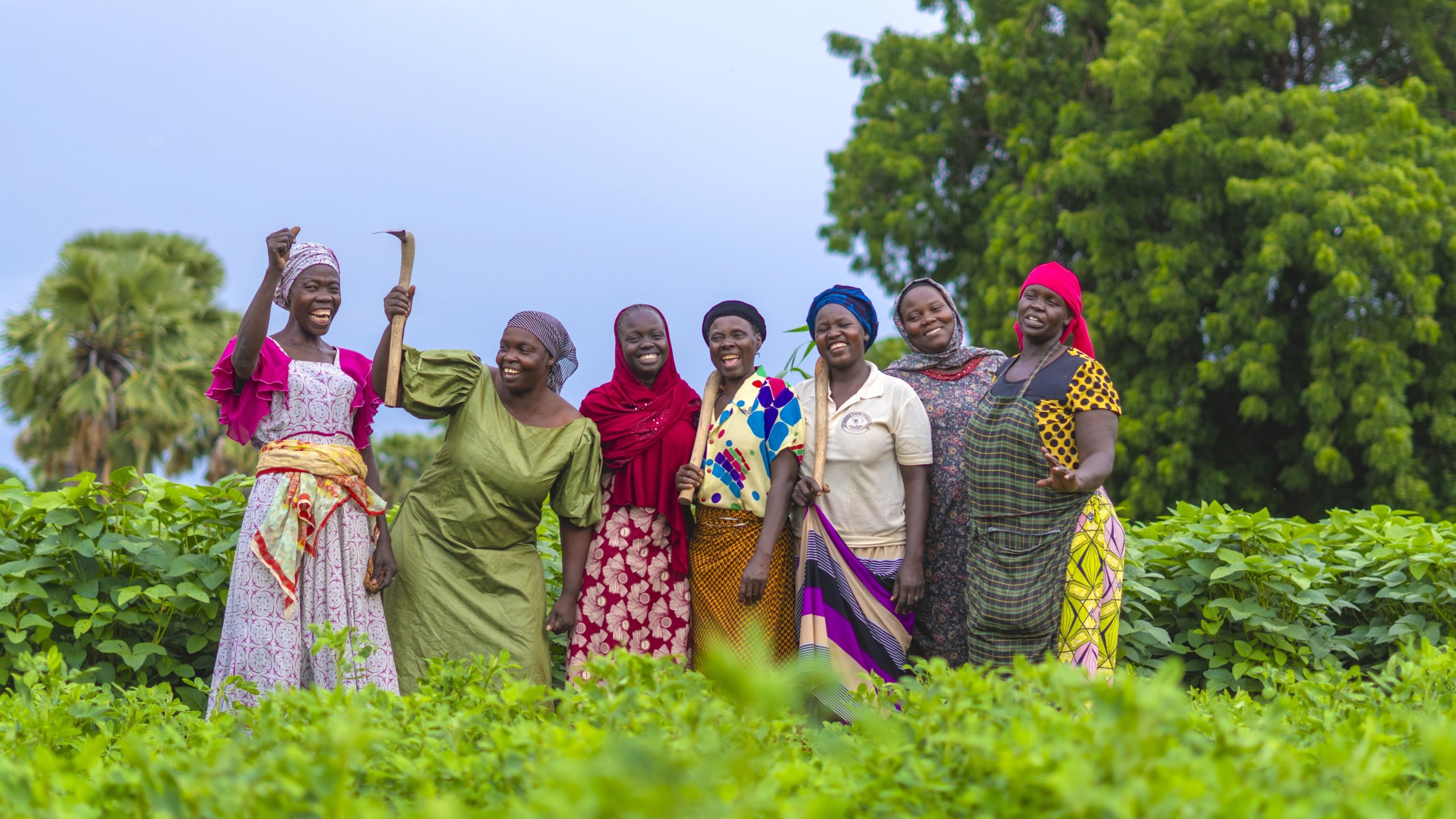
Helping farmers thrive in climate- and conflict-affected countries in Africa

Partnering with rural businesses to power community resilience

Scaling up community-led ecosystem-based adaptation
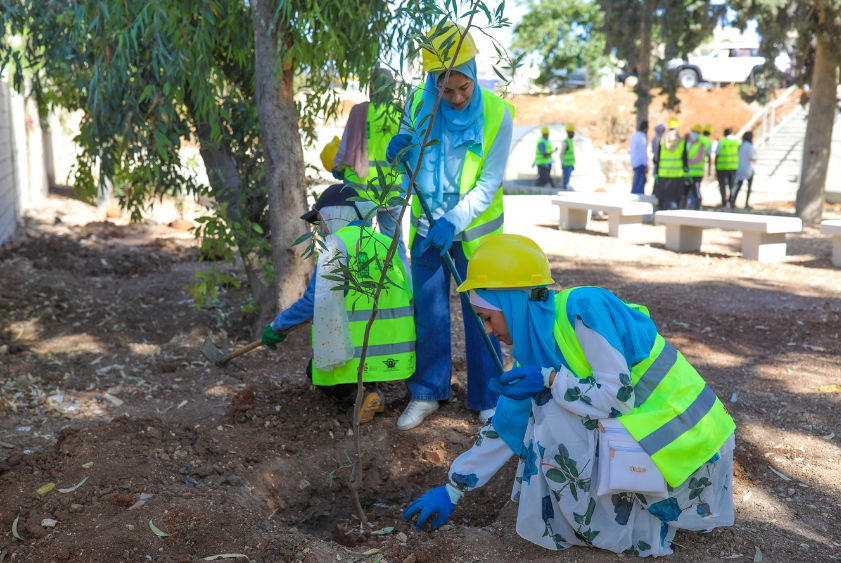
Equipping youth for the green economy

Securing Mongolia’s grasslands and herders in the face of climate change

Building climate resilience and addressing crises for at-risk populations
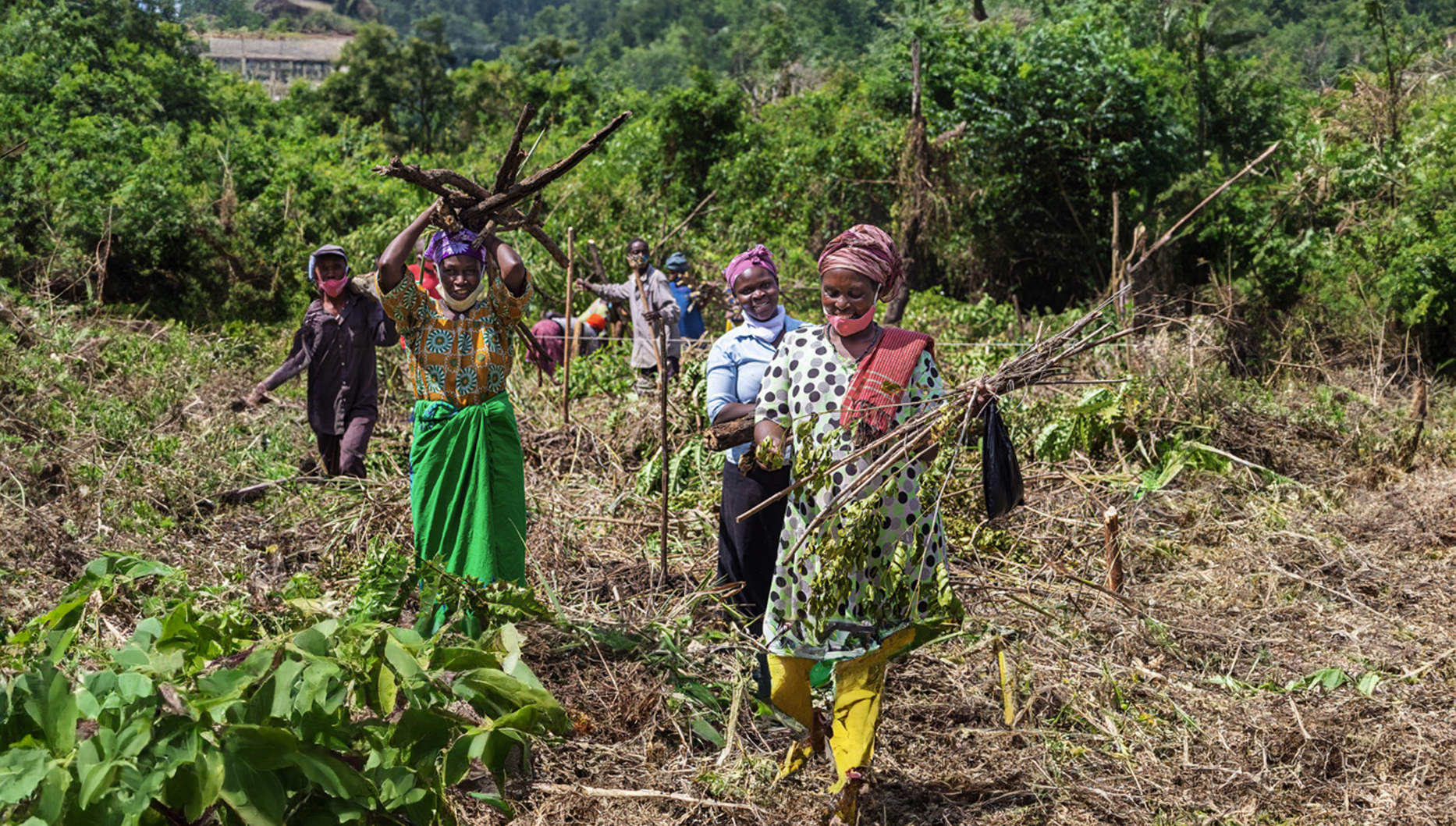
Scaling up fair and equitable nature-based finance for communities

Enabling climate-resilient entrepreneurship in conflict-affected countries

Securing a sustainable future for the coral reefs of the Sulu-Sulawesi Sea
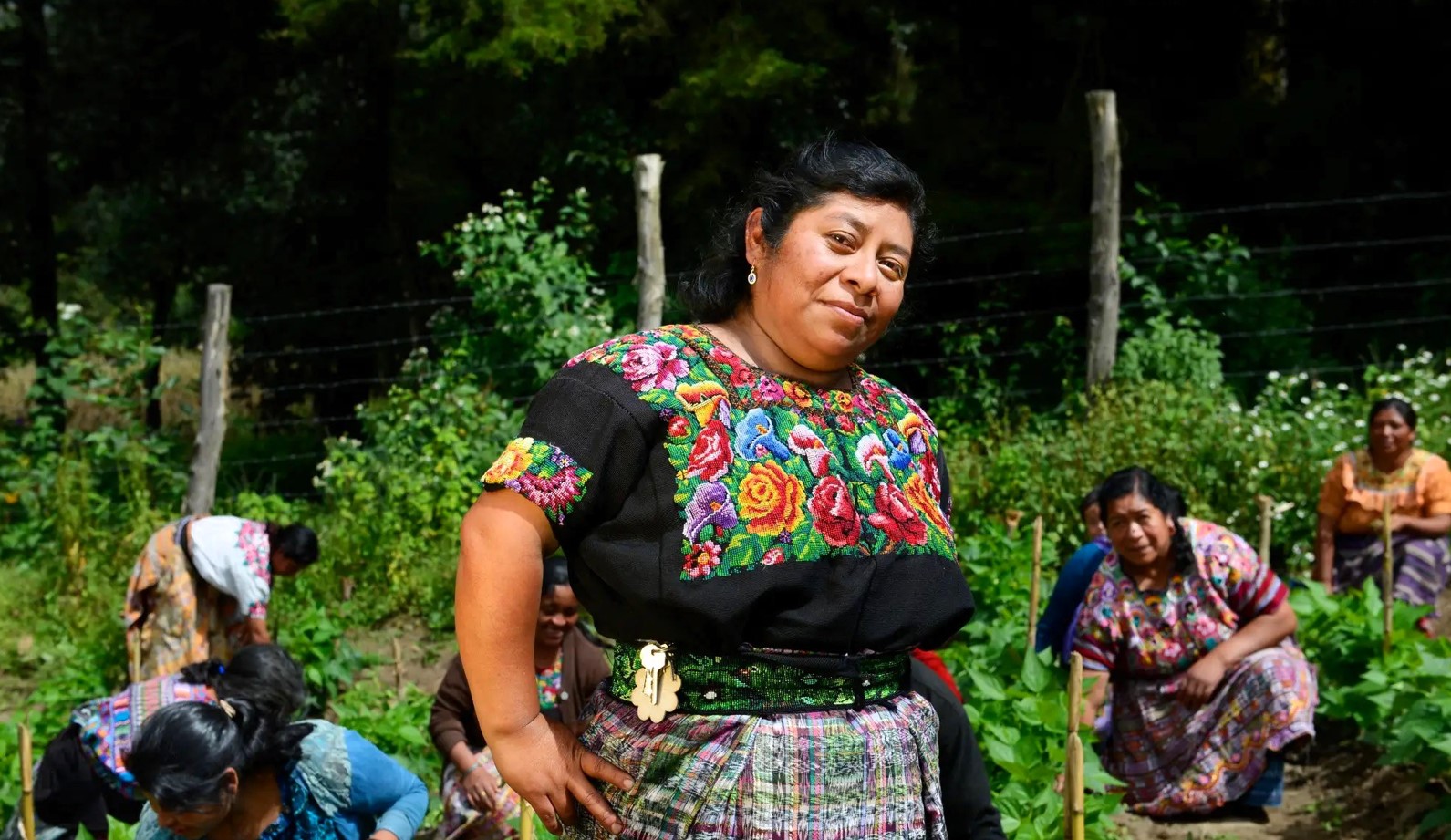
Supporting climate adaptation in Northern Central America
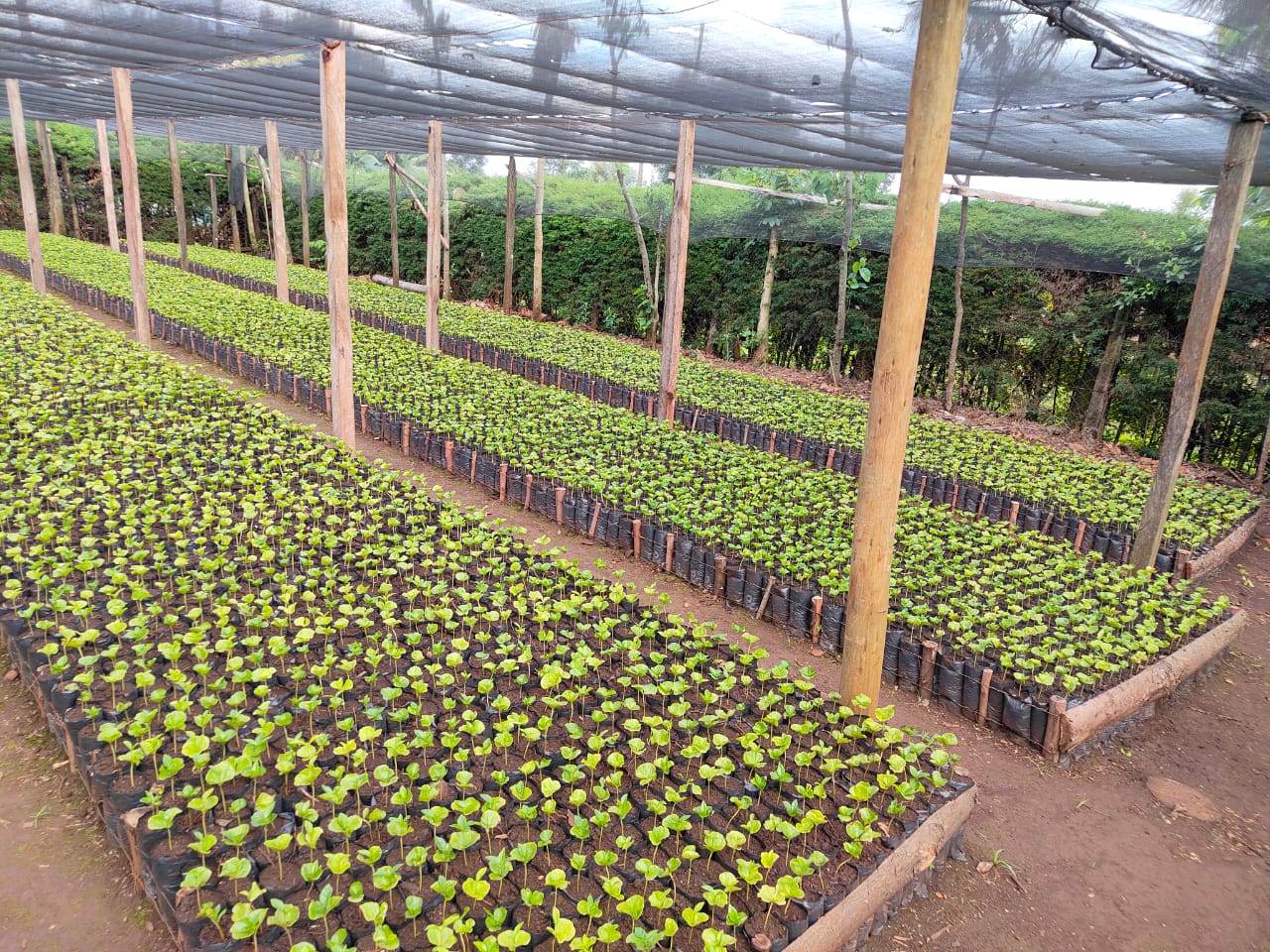
Scaling up catalytic solutions for climate-resilient food systems in Africa
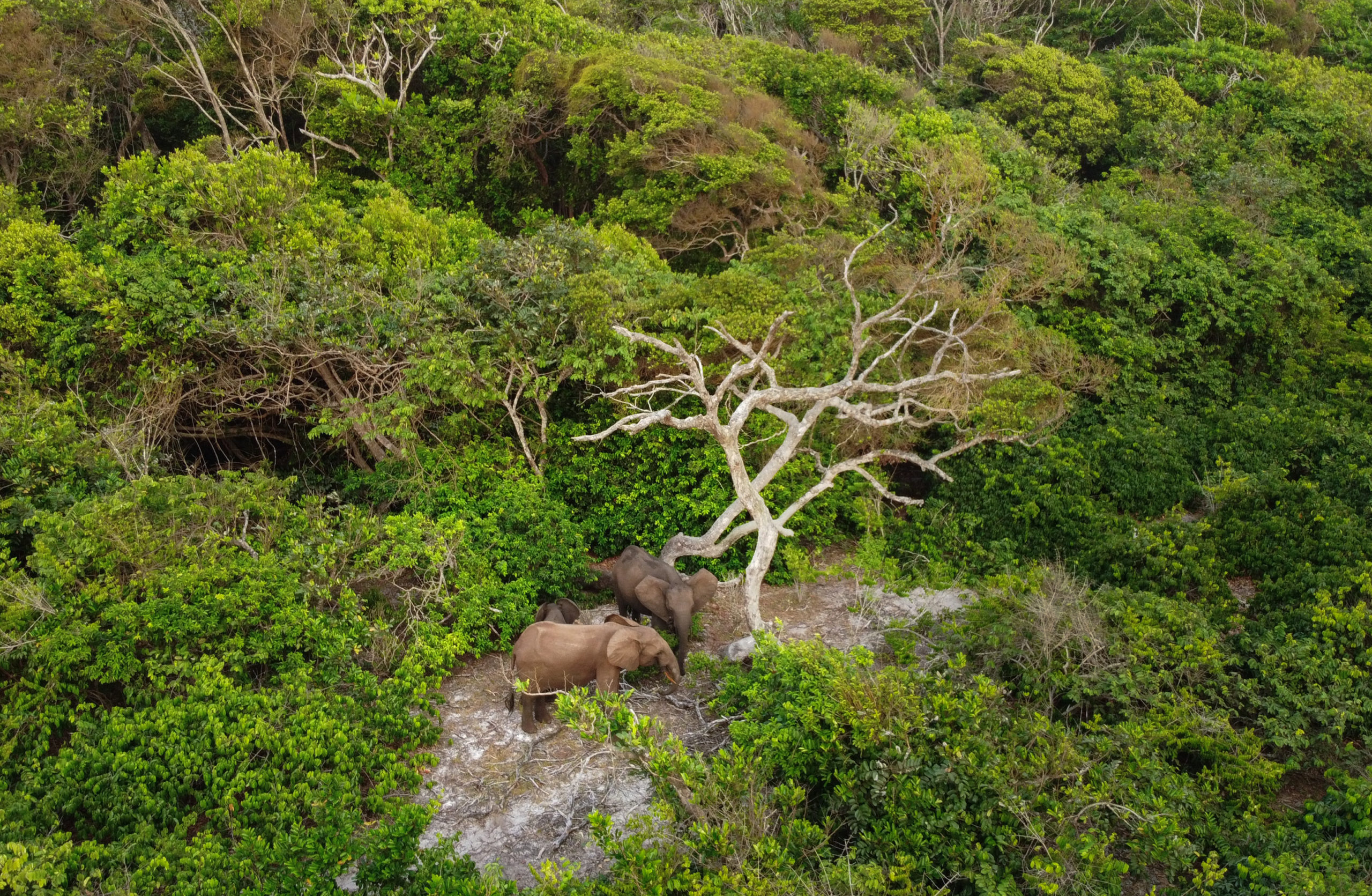
High-quality carbon projects for people and nature

Lifting pastoral women and youth out of poverty through community-based natural resource management
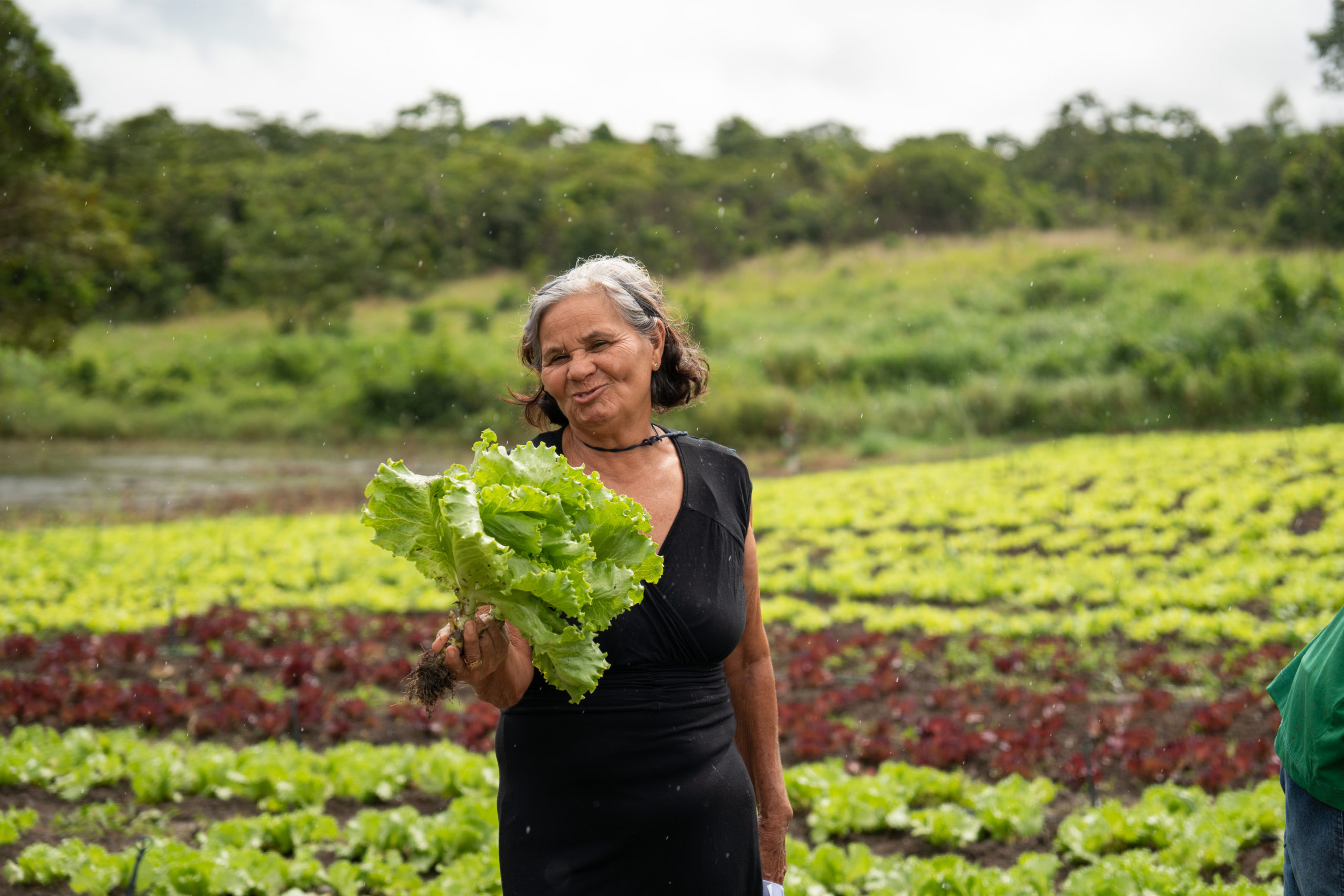
Helping community enterprises in the Amazon to access markets

Empowering disconnected youth so they can achieve their potential

Boosting employment opportunities for youth in Huelva and Seville

Creating a responsive and fair labour market for Egyptian youth

The International Seafarers’ Welfare and Assistance Network (ISWAN) assists seafarers and their families and campaigns for greater rights for maritime workers.

Empowering Artisanal and Small-Scale Miners

Strengthening business and climate resilience for 15 cocoa enterprises to accelerate inclusive economic growth

Empowering communities to develop sustainable livelihoods

Entrepreneurship as a vector for social and economic inclusion

Unlocking access to financial services for indigenous communities and female entrepreneurs

Enhancing China’s longer-term drive toward zero emission freight

Fair and equitable carbon finance for vulnerable communities

Boosting decent employment opportunities for Vietnam’s disadvantaged youth

An e-platform to boost micro-entrepreneurs’ revenues in Itaguaí

Unleashing the potential of marginalised women entrepreneurs in the Oaxaca State

Improving the safe and effective delivery of health services for vulnerable populations

Unlocking the potential of the informal economy
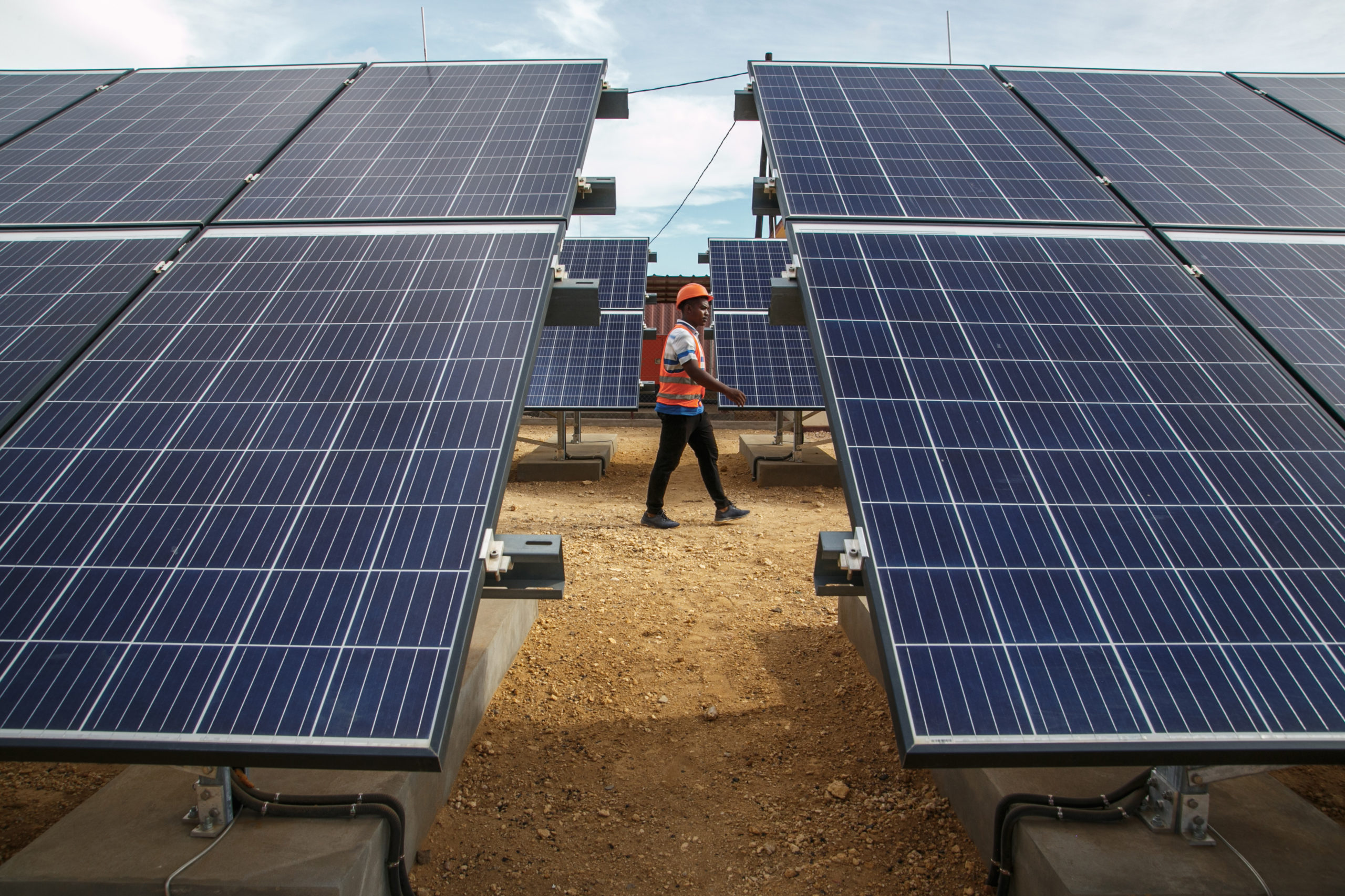
Promoting access to solar energy for rural communities

Connecting remote populations and unlocking their potential to thrive

Improving smallholder farmer livelihoods by strengthening cooperatives in the coffee, cocoa and honey sectors
adaptation


